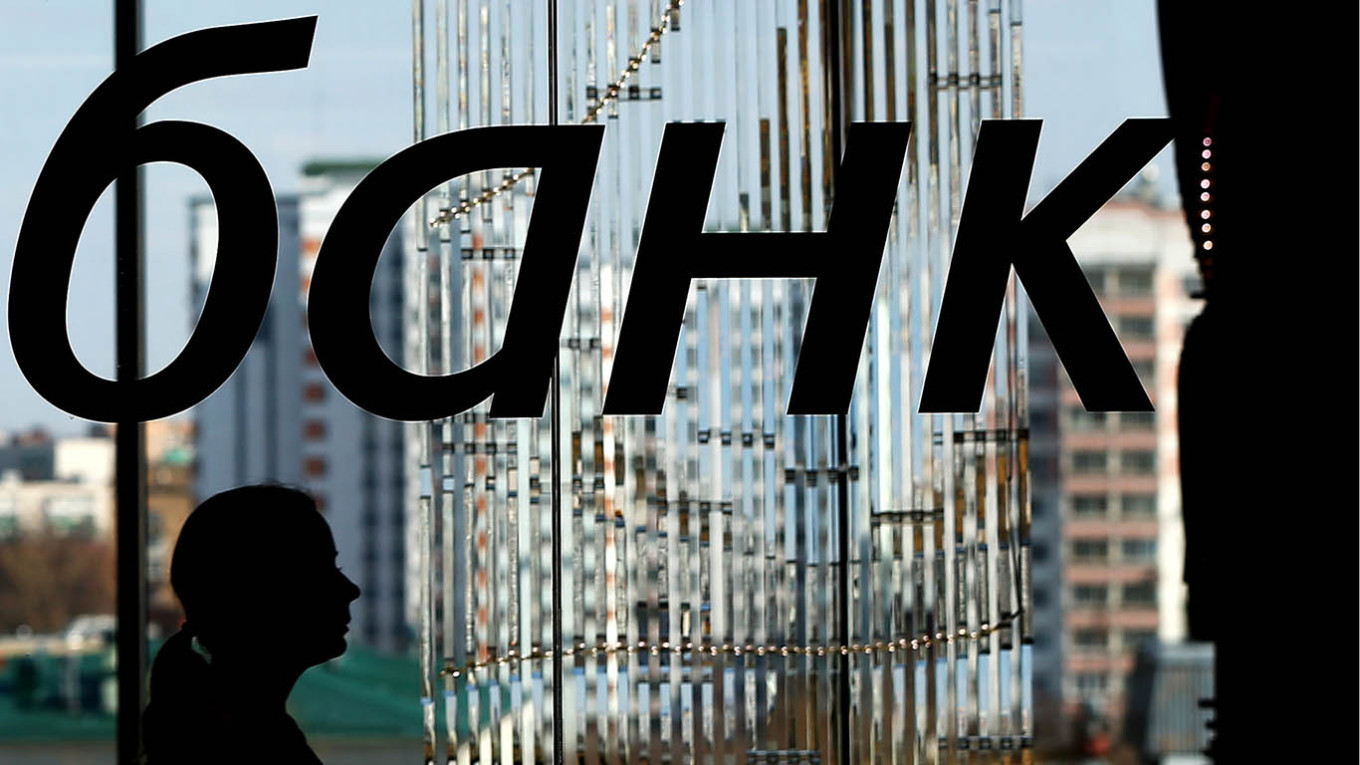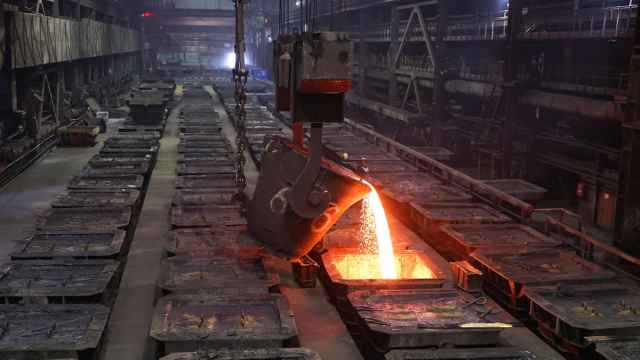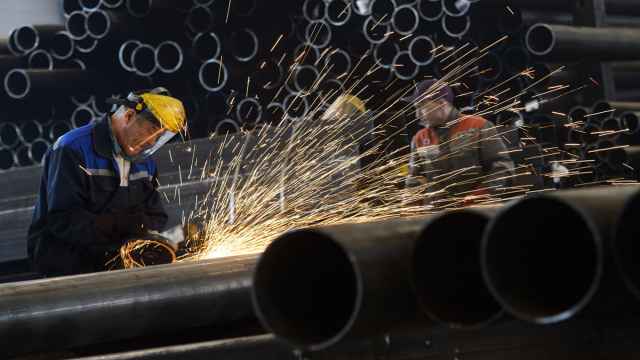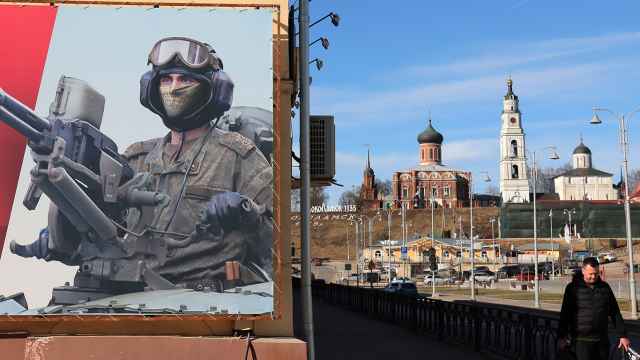Russia’s Central Bank will double capital requirements for banks lending to highly indebted companies from December, citing rising financial risks in the corporate sector.
In a statement published Friday, the regulator said that existing measures introduced in April had proved insufficient.
Over the first nine months of 2025, corporate groups with high debt burdens increased borrowing by 10.2%, compared with 6.5% across the entire corporate sector.
The surcharge on such loans, known as a macroprudential add-on, will rise from 20% to 40%, meaning banks will need to hold more capital against these exposures.
"The increased buffer will motivate banks to more carefully assess the risks of companies with increased debt burdens," the Bank said.
The rule applies to companies whose interest coverage ratio (ICR) under IFRS was below three as of July 1.
According to the Central Bank, 13 of Russia’s 78 largest companies had an ICR below one last year, indicating they were not earning enough to cover interest payments.
Russian Railways and AvtoVAZ, as well as coal and construction firms, are among those struggling with debt servicing.
The regulator estimates that 2.1 trillion rubles ($23 billion) of loans fall under the surcharge, and banks have built a 17-billion-ruble capital buffer since April — a level it deems inadequate.
The Central Bank said the higher add-on will apply only to new lending and will not significantly disrupt credit activity, while encouraging banks to assess borrower risks more carefully.
Economist Dmitry Polevoy said the measure could curb lending appetite and weigh on economic activity, while analysts at the government-linked CMASF think tank warned that nearly a third of corporate revenue could come from financially vulnerable firms next year.
“Banks always bear the brunt of any problems that arise in the economy at the next stage,” Sberbank CEO German Gref said earlier this year, noting that more companies are struggling to service their debt.
A Message from The Moscow Times:
Dear readers,
We are facing unprecedented challenges. Russia's Prosecutor General's Office has designated The Moscow Times as an "undesirable" organization, criminalizing our work and putting our staff at risk of prosecution. This follows our earlier unjust labeling as a "foreign agent."
These actions are direct attempts to silence independent journalism in Russia. The authorities claim our work "discredits the decisions of the Russian leadership." We see things differently: we strive to provide accurate, unbiased reporting on Russia.
We, the journalists of The Moscow Times, refuse to be silenced. But to continue our work, we need your help.
Your support, no matter how small, makes a world of difference. If you can, please support us monthly starting from just $2. It's quick to set up, and every contribution makes a significant impact.
By supporting The Moscow Times, you're defending open, independent journalism in the face of repression. Thank you for standing with us.
Remind me later.






